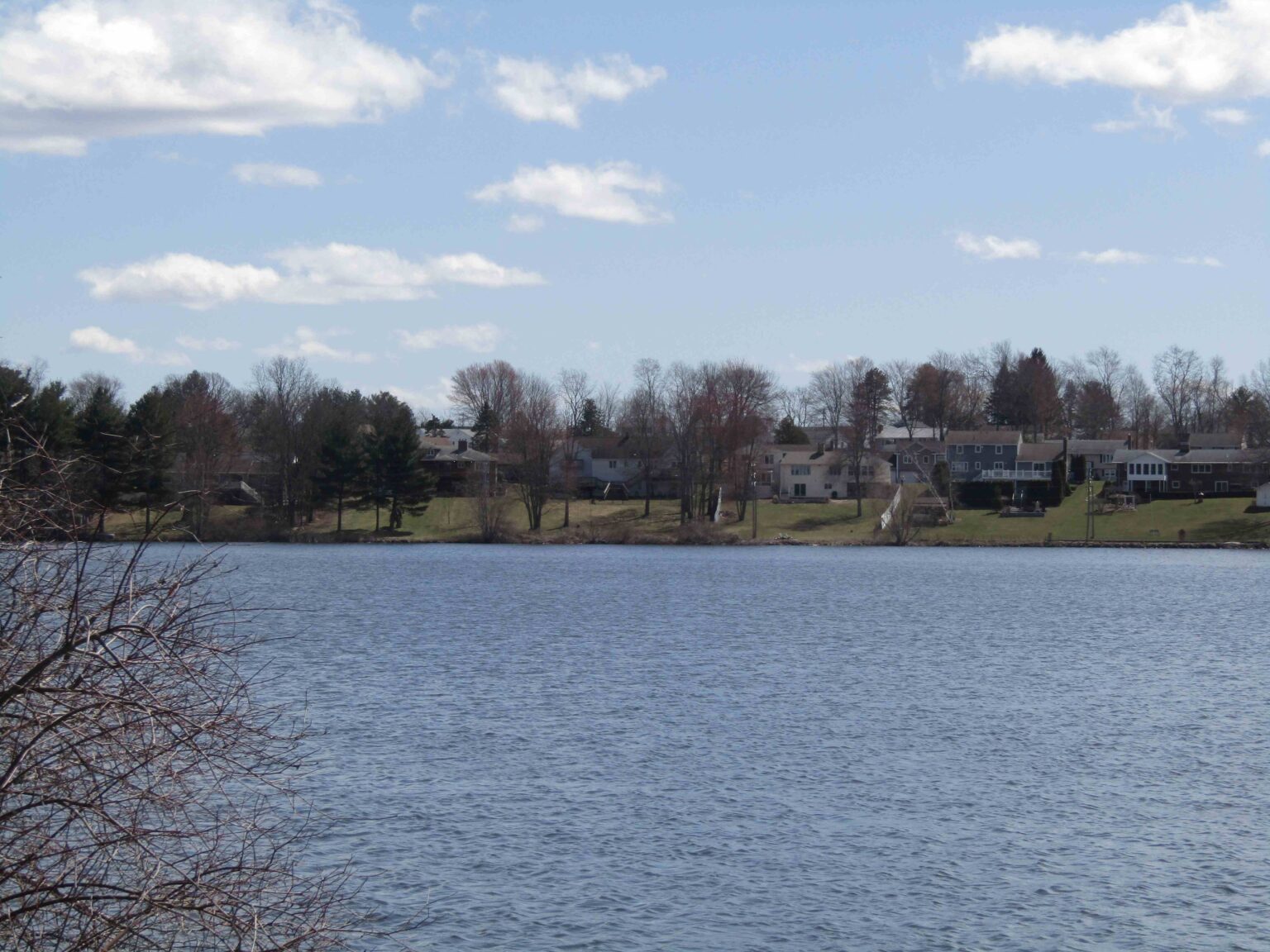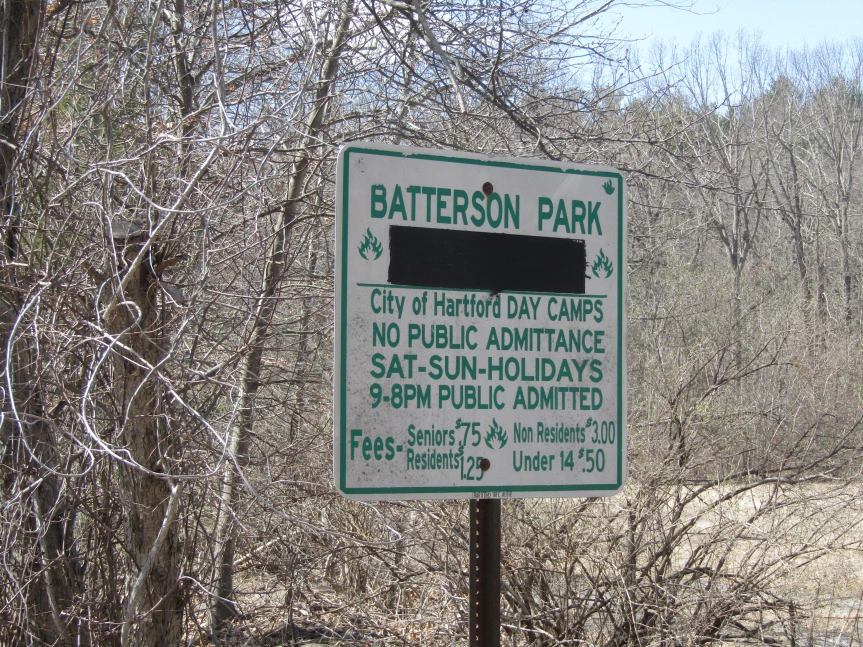
Hearing On Batterson Park Study Set For Thursday (12/7) At NBPD Community Room
A public hearing on the feasibility of Batterson Park’s revitalization as a state park will be held Thursday, December 7th at 6:30 p.m. at the New Britain Police Department’s Community Room, 10 Chestnut Street.
The CT Department of Energy and Environmental Protection (DEEP) is taking public comments on the study at three separate meetings in Farmington (December 4), Hartford (December 6) and New Britain (December 7).
House Speaker Matt Ritter (D-Hartford) revived the idea of a state park for the Hartford-owned open space and pond that lies on 260 acres between New Britain and Farmington. A proposal to have the three communities jointly refurbish and manage the park proved unworkable and officials from all three communities backed Ritter’s idea of state park designation.
The Legislature then authorized DEEP to “study the feasibility of, and recommend options for the provision of, public recreational access to the Batterson Park property.” Initially Governor Lamont’s administration has not been supportive of a state park.
Two years ago the General Assembly at Ritter’s behest approved $10 million to refurbish the park. That wasn’t enough, however, to bring three communities together to jointly oversee the revival of an accessible recreational area that has mostly been a little used natural buffer between urban New Britain and affluent Farmington. On the New Britain side of the park are Batterson Drive waterfront homes and an Alexander Road boat launch. On the Farmington side is Batterson Park Road and Hartford’s Camp Courant, the 129-year-old day camp for Hartford youth established by the daily newspaper.
At this week’s hearings a draft of the feasibility study is being shared for public input. Comments will be included in a final report and will be sent to the Legislature for further consideration.

The draft study, conducted GZA Environmental Inc., for DEEP by, found that revitalizing Batterson as a public park and recreation area faces considerable financial, public health and environmental challenges. They include:
- Water Quality: The pond contains high levels of E. coli bacteria and cyanobacteria as well as elevated levels of nitrogen and phosphorus common for an older, eutrophic pond in an urbanized area. Stormwater runoff from I-84 and the nearby developed watershed, fecal inputs from geese, and natural eutrophica make efforts to improve water quality to accommodate swimming and wading both expensive and impractical to maintain over time.
- Land Management/Encroachment: The properties that make up Batterson Park have suffered from benign neglect for many years. That has led to a legacy of land management challenges to resolve. For example, several of the parcels that make up the Batterson Park property are encumbered by electric utility easements, drainage easements, and sewer and water easements. These easements will need to be monitored and potentially enforced by the landowner if the easement terms aren’t followed. There also appear to be significant encroachments into the property along the boundaries of Batterson Park that will need to be addressed by any future manager of the Park.
- Public Safety: Ensuring public safety at Batterson Park will require additional personnel and resources above what is available at this time. Concerns include the number of visitors the park could hold sustainably as well as traffic in and around the park, which is situated in a thickly settled residential area. Managing walk-in visitors would be challenging with open borders, and the pond and boat ramp create additional public safety concerns related to potential unauthorized uses.
On a more optimistic note the draft study suggests that “through various potential public or private partnerships” Batterson can become a “passive use park” if sufficient resources are identified.
“Through additional interviews in November with municipalities and other potential partners, and in consideration of public input in early December, DEEP will provide additional perspectives on the capital investments, maintenance and public safety personnel, and other considerations required to manage Batterson Park in the future.
The final study will be sent to the Legislature in January for consideration in the 2024 session.
Related story from the March 26, 2023 New Britain Progressive



